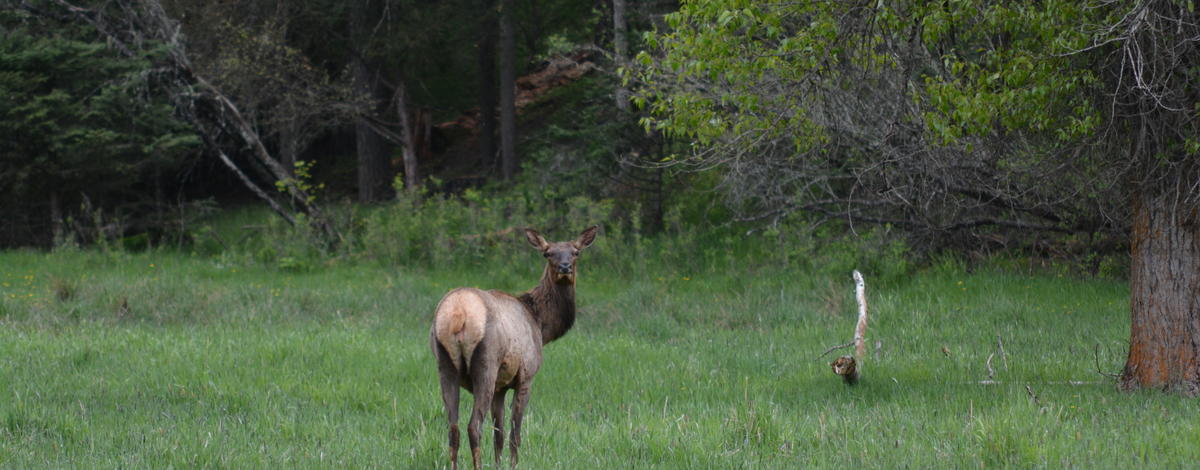With final agreements now signed, hunters, anglers, trappers and other recreationists have access to 336,630 more acres of private timberland through an agreement between the landowners and Fish and Game.
You can see locations of the parcels on Fish and Game's Map Center.
Fish and Game officials announced the agreements in May, but multiple contracts with 12 companies in several states took longer than expected. This latest acreage is in addition to Fish and Game’s agreement with PotlatchDeltic to provide public access to 567,002 acres of that company’s timberland for access.
The agreements came through Fish and Game’s “large tracts” land lease program that targets multi-year access to parcels 50,000 acres or larger. Fish and Game pays $1 per acre annually for the access, which includes hunting, fishing, trapping, wildlife viewing, hiking and recreational travel limited to motor vehicle travel on roads open to full-sized vehicles.
People using these lands are reminded that there are different rules for use depending on the landowner, such as restrictions on camping and ATV use, and it’s the user’s responsibility to know those rules. To get more details and links to rules for using private timberlands and other private lands, see the Hunting and Fishing Access webpage.
Money for the leases comes from Fish and Game’s access/depredation fee that requires a $5 surcharge for residents and a $10 surcharge for nonresidents when they buy their first annual license of the year. That fee started in 2017, and it has allowed Fish and Game to dramatically increase the acreage in its access programs. Fish and Game’s access programs provide millions of acres for public hunting and fishing.
Five principles for responsible land use
Whether you’re on public land or private land (with permission), consider these guiding principles for being a responsible user:
- Treat all lands with respect. Leave them as good or better than you found them.
- It’s your responsibility to know whose land you’re on, and follow the rules for that property.
- Be careful with fire, and respect burn restrictions when they’re in effect. Never leave a burning or smoldering campfire. It should always be completely extinguished.
- Do not damage roads and trails, and abide by travel restrictions, such as closed roads, non-motorized trail restrictions, vehicle restrictions, camping restrictions, etc.
- If you see someone damage lands, or violate travel restrictions, be a good witness. Get a vehicle license number, vehicle description, or other information. Report them to the county sheriff’s office, or other law enforcement agency. Avoid a direct confrontation with the violator.

